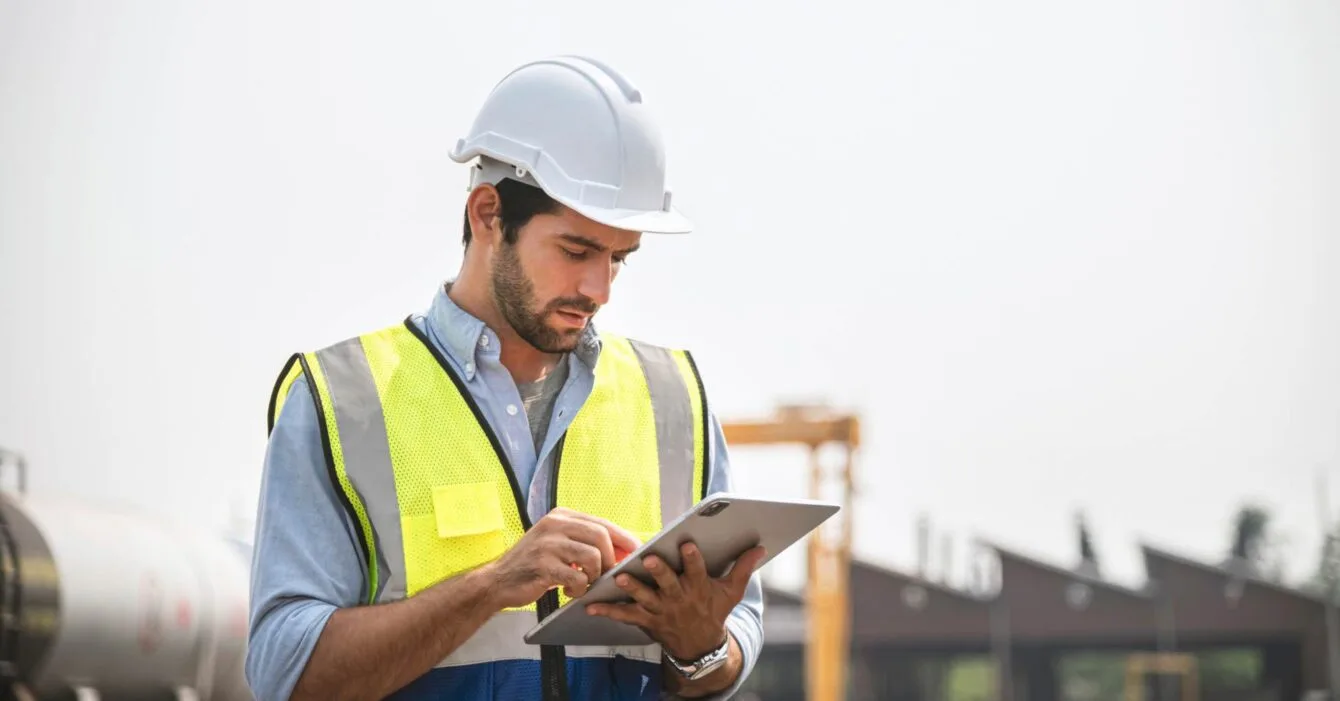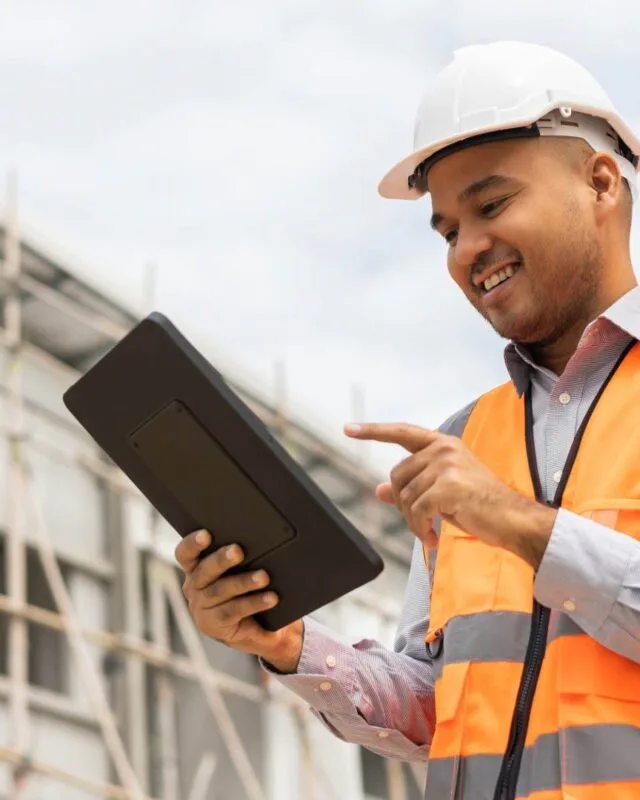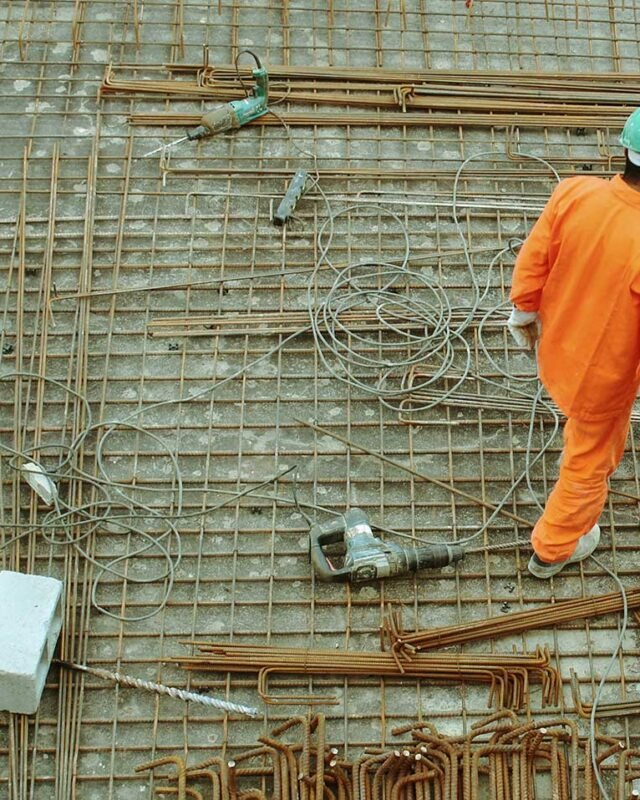Leveraging AI for Construction Planning Efficiency in Saudi Arabia
Saudi Arabia’s construction industry is embracing a technological revolution, with artificial intelligence (AI) playing a pivotal role in transforming how projects are planned and executed. From optimizing timelines to forecasting risks, AI in construction planning is reshaping the landscape, enabling companies to achieve greater efficiency and cost savings. This shift aligns with Saudi Arabia’s Vision 2030, which emphasizes modernization and innovation in key sectors, including infrastructure development.
Why AI is a Game-Changer for Construction Planning
Construction projects are notoriously complex, involving multiple stakeholders, tight deadlines, and unpredictable challenges. Traditional planning methods often fall short in addressing these complexities. This is where AI steps in, offering advanced tools and predictive capabilities to streamline the planning process.
AI-powered algorithms can analyze vast datasets to identify patterns, predict potential delays, and recommend solutions before problems arise. For instance, AI applications in construction are expected to grow significantly in the coming years, helping companies globally reduce waste, enhance efficiency, and make data-driven decisions.
Also Read: How AI Helmets and Digital Monitoring Are Redefining Saudi Construction
Optimizing Resource Allocation and Scheduling
One of the most significant advantages of AI in construction planning is its ability to optimize resource allocation. By analyzing historical data, AI systems can accurately forecast the materials, labor, and equipment needed for a project. This reduces waste and ensures that resources are utilized efficiently.
Scheduling is another area where AI shines. AI-powered tools can create dynamic schedules that adjust in real time based on changing circumstances, such as weather conditions or supply chain disruptions. This flexibility helps keep projects on track and minimizes costly delays.
In Saudi Arabia, companies are increasingly turning to AI-driven project management platforms to enhance construction planning. These platforms not only improve efficiency but also reduce costs, contributing to the Kingdom’s broader economic goals.
Enhancing Risk Management
AI plays a crucial role in mitigating risks during construction projects. By analyzing historical data and identifying potential challenges, AI systems provide project managers with actionable insights to address risks proactively. For example, predictive models can forecast issues such as equipment failures, labor shortages, or safety hazards, allowing teams to implement preventive measures.
This proactive approach to risk management has proven to be highly effective. AI-driven tools reduce the likelihood of costly errors and improve overall project outcomes, ensuring that projects are completed safely and within budget.
AI-Driven Design and Collaboration
Beyond planning and risk management, AI is transforming the design phase of construction projects. Generative design tools use AI algorithms to create multiple design options based on specific project criteria, such as budget, sustainability goals, and structural requirements. These tools empower architects and engineers to choose the best design solutions while saving time and resources.
Collaboration is also becoming more seamless with AI. Platforms equipped with machine learning capabilities facilitate real-time communication and data sharing among project stakeholders, ensuring everyone stays aligned and informed throughout the project lifecycle.
Top AI Tools Transforming Construction Planning
Several advanced AI tools are reshaping construction planning in Saudi Arabia:
- Buildots: Uses AI to track project progress by analyzing on-site data, ensuring schedules are adhered to and identifying potential delays in real time.
- PlanGrid: Enhances collaboration and communication by offering AI-driven document management and real-time project updates.
- Autodesk Construction Cloud: Provides integrated solutions for design, planning, and resource management, helping teams align goals and execute efficiently.
- Doxel: Combines AI and robotics to monitor construction progress and detect inefficiencies, reducing costs and optimizing timelines.
- OpenSpace AI: Automates site documentation with 360-degree imagery and advanced analytics, enabling quick decision-making and accurate reporting.
These tools not only improve operational workflows but also enable project managers to make data-driven decisions, reducing the likelihood of costly mistakes.
The Future of AI in Construction Planning
As Saudi Arabia continues to invest in its infrastructure, the role of AI in construction planning is set to expand further. Emerging technologies such as digital twins and IoT (Internet of Things) integration will provide even greater insights into project performance, enabling real-time monitoring and decision-making.
Moreover, AI’s ability to enhance sustainability in construction planning is becoming increasingly important. By analyzing energy consumption, waste generation, and material use, AI systems can recommend eco-friendly practices that align with global environmental goals.



